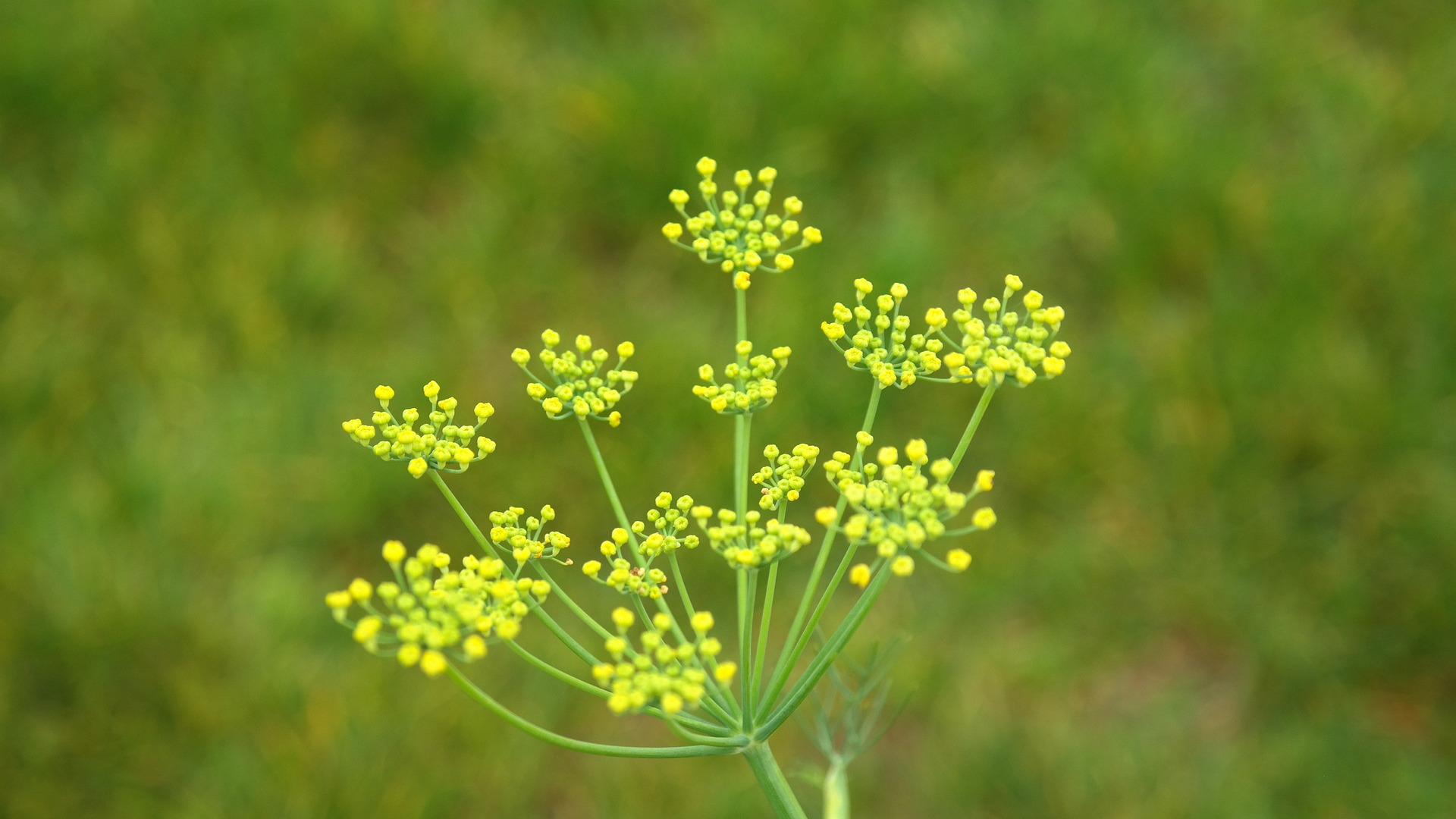Cedarwood Atlas Essential Oil: A Timeless Aromatic Treasure
Close your eyes and inhale deeply – the rich, woody aroma of Cedarwood Atlas envelops your senses, a fragrance that's slightly sweet, spicy, and redolent with a hint of balsamic warmth. It's a scent that instantly transports you to an old cedar chest or the heart of a dense, tranquil forest. Cedarwood Atlas essential oil is a true aromatic gem, cherished for its delightful scent and a history that spans centuries.
Cedarwood Atlas and Its Origins: Cedarwood Atlas (Cedrus atlantica) is derived from a majestic evergreen tree that can reach astonishing heights of over 130 feet. Indigenous to the Atlas Mountains of North Africa, this tree boasts robust, aromatic wood that has played a significant role in human history. The wood was highly sought after for crafting linen chests and clothes hangers, used to protect garments and bedding from the ravages of moths and insects. This historical connection between Cedarwood Atlas and preservation is a testament to its enduring qualities.
Cedarwood Atlas in Ancient Times: The ancient Egyptians recognized the extraordinary value of Cedarwood Atlas, employing it for various purposes. This essential oil is featured prominently in embalming processes, cosmetics, and perfumes. Its significance in these ancient rituals underscores its remarkable fragrance and preservation properties.
Cedarwood Atlas in the Modern Age: Today, Cedarwood oil continues to captivate with its enchanting scent. It finds its way into various products, including perfumes, incense, insecticides, hair loss remedies, tonics, and weight loss aids. Its multifaceted applications in the modern world highlight its enduring appeal and versatility.
Extracting Essential Oil: Cedarwood Atlas essential oil is typically obtained through steam distillation of various parts of the Cedrus atlantica tree, including the wood, stumps, wood chips, or sawdust. The resulting oil showcases a spectrum of colors, ranging from yellow to orange and, in some cases, a deep amber hue. With a medium consistency, this essential oil is both easy to work with and highly aromatic.
Cedarwood Essential Oils in Cold Temperatures: One fascinating characteristic of cedarwood essential oils, including Cedarwood Atlas, is their tendency to solidify in cold temperatures. While this might seem unusual, there's no cause for concern. If your cedarwood oil becomes solid, submerge the sealed container in warm water for a few minutes, and it will return to its liquid state. This peculiarity is a testament to the natural essence of the oil.
A Family of Scents: Various Cedarwood Essential Oils: Cedarwood Atlas is part of a larger family of cedarwood essential oils, including Virginian, Himalayan, Texas, and Chinese varieties. Each type offers subtle variations in fragrance, color, and chemical composition, making them unique in their own right. However, these cedarwood oils share enough similarities to be used interchangeably. Your choice among them can be based on personal scent preferences or availability.
With its rich history, captivating aroma, and versatile applications, Cedarwood Atlas essential oil remains a timeless and treasured addition to the world of aromatics. Whether crafting a custom perfume, seeking tranquility in aromatherapy, or exploring the depths of natural fragrances, Cedarwood Atlas is an aromatic treasure with enduring allure.
Benefits of Cedarwood Atlas Essential Oil
Therapeutic Properties
- Antifungal: destroys fungal infections
- Antiseptic: inhibits the growth and development of microorganisms
- Antispasmodic: prevents or relieves spasms and cramps
- Aphrodisiac: stimulates sexual desire
- Astringent: topically applied to shrink or constrict body tissue
- Diuretic: increases the discharge of urine
- Emmenagogue: brings about a woman's menstrual period
- Expectorant: expels mucus from lungs
- Insecticide: a substance used to control insect pests
- Sedative: promotes calm or induces sleep
Atlas Cedarwood essential oil is considered to be a healing and regenerative oil. It can be used on the skin to treat acne, arthritis, bronchitis, and dermatitis. Added to massage oil, bath oil, or many skin care lotions and creams, this essential oil is used to heal rashes and treat eczema, cellulite, and fungal infections. Cedarwood Atlas essential oil stimulates the immune system and supports the adrenal glands. It is often used for weight loss as it promotes the breakdown of fats in the body and is a natural diuretic.
In vapor therapy, Atlas Cedarwood essential oil can be uplifting, comforting, and stress-relieving. It is often used to treat respiratory issues such as bronchitis and persistent cough and is considered an aphrodisiac.
Added to shampoo or used in rinses, Atlas Cedarwood essential oil is excellent for treating dandruff, scalp issues, and hair loss.
Aromatherapy Recipes Using Cedarwood Atlas Essential Oil
Cedarwood Facial Oil for Normal Skin
This great healing and rejuvenating blend is perfect for all skin types.
- 15 Drops Cedarwood Atlas essential oil
- 10 Drops of Rosewood essential oil
- 2 fl oz jojoba carrier oil
Pour jojoba oil into a small amber cosmetic jar. Add essential oils and stir. Apply to the face in a circular motion.
Using Cedarwood with Other Essential Oils
Cedarwood Atlas oil goes well with other oils such as:
- Chamomile
- Clary Sage
- Eucalyptus
- Jasmine
- Rosemary
- Vetiver
- Ylang-Ylang
Safety and Use of Cedarwood Atlas Essential Oil
Cedarwood Atlas Essential oil is non-toxic and non-irritant. Because of cedarwood's emmenagogue properties, its use should be avoided during pregnancy.
Emmenagogue means this herb can stimulate the menstrual flow (even when it is not due) and should be avoided during pregnancy. Emmenagogues are defined in herbal medicine as "herbs for delayed menses," sometimes a euphemism for eliminating an unwanted pregnancy.






